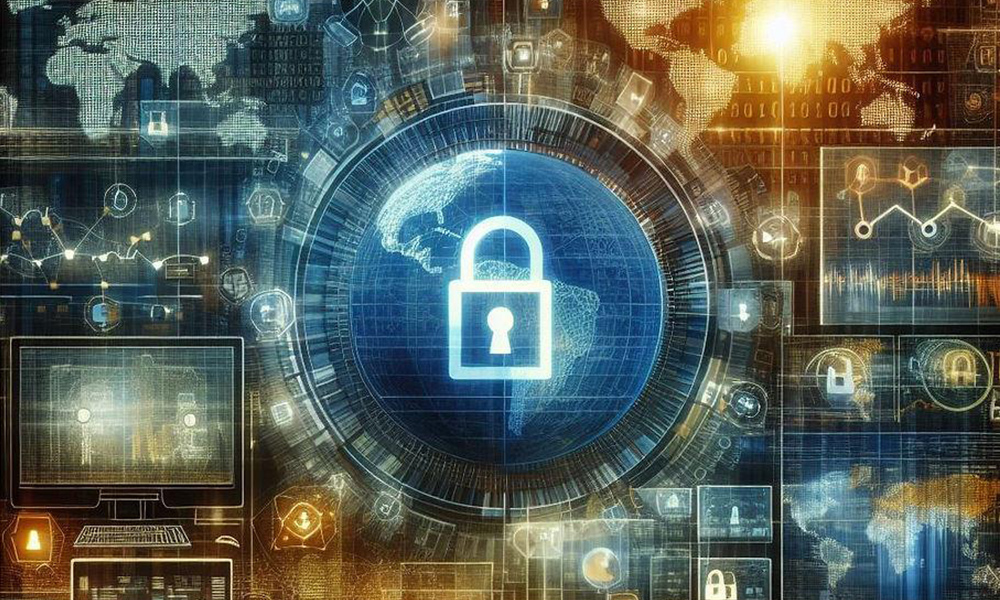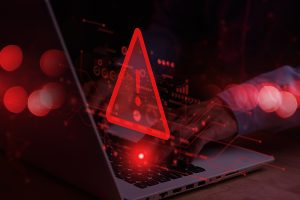
Virtual Desktops: Meeting ISO 27001, GDPR, and Cybersecurity Standards
- Posted by Guest Post
- Categories Cyber Security
- Date 11/12/2023
Virtual desktops allow users to access a desktop environment hosted on a remote server. This technology has gained traction for its ability to provide secure, centralized access to business applications and data.
According to a report by MarketsandMarkets, the global virtual desktop market is expected to grow from $3.4 billion in 2020 to $10.2 billion by 2025, a testament to its increasing adoption.
The Intersection of Virtual Desktops and ISO 27001 Compliance
ISO 27001 is a globally recognized standard for managing information security. It provides a framework for establishing, implementing, maintaining, and continually improving an information security management system (ISMS).
- Risk Mitigation: Virtual desktops centralize data storage, significantly reducing the risk of on-site data breaches. A study by the Information Systems Audit and Control Association (ISACA) found that centralized data management systems can reduce security incidents by up to 25%.
- Access Control and Monitoring: Virtual desktops facilitate strict access controls and user activity monitoring, essential for ISO 27001 compliance. They allow businesses to implement role-based access control (RBAC) effectively, ensuring that sensitive information is accessible only to authorized personnel.
Virtual Desktops: A Boon for GDPR Compliance
The General Data Protection Regulation (GDPR) has set a new standard for data protection and privacy in the EU, impacting organizations worldwide. Virtual desktops offer several advantages in complying with this regulation.
- Data Protection by Design: Virtual desktops can be configured to automatically comply with GDPR’s data protection principles. For instance, they can ensure that personal data is not accessible to unauthorized personnel.
- Data Breach Mitigation: In the event of a data breach, virtual desktops can minimize the impact. According to a survey by Cisco, companies that invested in centralized data management and security technologies experienced 30% lower costs associated with data breaches.
Enhancing Cybersecurity with Virtual Desktops
Cybersecurity is a top priority for businesses, with the average cost of a data breach reaching $3.86 million in 2020, as per IBM’s Cost of a Data Breach Report.
- Endpoint Security: Virtual desktops minimize the risks associated with physical devices. The 2020 Verizon Data Breach Investigations Report highlighted that 70% of breaches involved endpoint devices. Virtual desktops mitigate this risk by storing data centrally in the cloud.
- Streamlined Patch Management: Regular updates and security patches are vital for cybersecurity. Virtual desktops simplify this process, ensuring all systems are consistently updated. Microsoft’s research indicates that systems with regular updates have a 60% lower likelihood of experiencing a cyberattack.
Real-World Applications and Studies
- Healthcare Sector Implementation: Hospitals adopting virtual desktops reported not only enhanced compliance with health data protection standards but also a 35% improvement in data accessibility for healthcare providers.
- A UK Law Firm: A London-based law firm implemented virtual desktops to enhance data security and comply with GDPR. This move resulted in a 40% reduction in data management costs and significantly improved their data security posture.
According to a report by Grand View Research, the global virtual desktop market size was valued at USD 4.78 billion in 2019 and is expected to grow at a compound annual growth rate (CAGR) of 17.4% from 2020 to 2027. This growth is indicative of the increasing reliance on virtual desktops for secure, flexible, and efficient business operations.
A Future-Proof Solution
Virtual desktops are proving to be invaluable in the modern business landscape, offering a strategic solution to the challenges of ISO 27001, GDPR, and cybersecurity. By leveraging virtual desktops, businesses can ensure data security, streamline compliance, and maintain operational efficiency. As the digital world continues to evolve, virtual desktops stand as a testament to the transformative power of technology in enhancing business security and compliance.
About SystemsCloud:
SystemsCloud is a leading provider of virtual desktops, managed IT services, and advanced cybersecurity solutions. With a focus on optimizing business systems, they offer robust encryption, proactive threat monitoring, and stringent access controls to ensure a secure IT environment. Championing ‘One Pane of Glass’ computing, SystemsCloud provides a unified interface for streamlined management of IT ecosystems, making complex operations simple and efficient. Their commitment to delivering enterprise-level IT services and innovative cloud solutions positions SystemsCloud as a key player in enhancing business productivity and security.
We have delivered this guest post in collaboration with SystemsCloud.
URM provides this guest post for informational purposes only. The views and opinions expressed in the content are those of the author(s) and do not necessarily reflect the official policy or position of URM Consulting Services ltd
You may also like

An Introduction to Cyber Essentials and Cyber Essentials Plus


